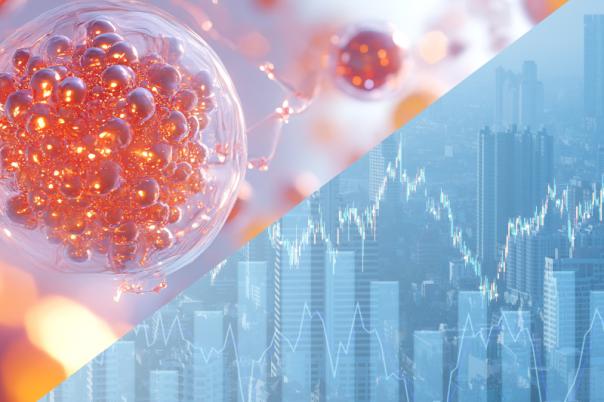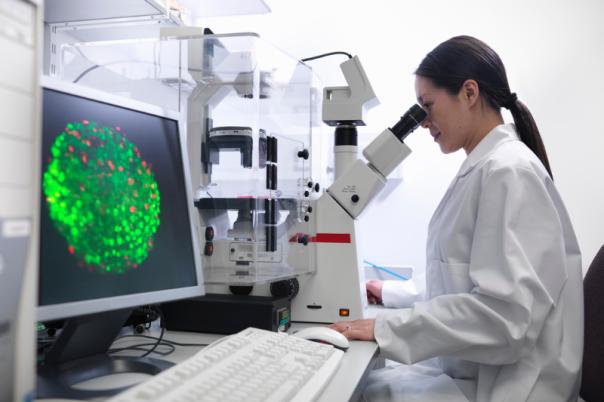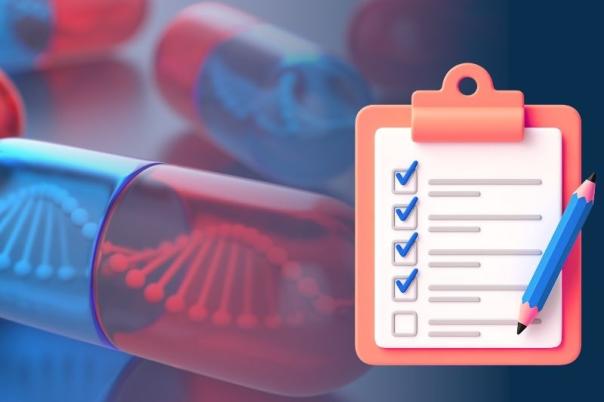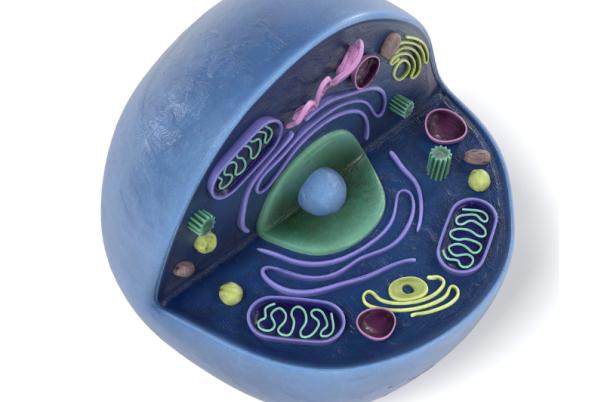This presentation on the journey of scaling up and commercialising an allogeneic cell therapy program provided a comprehensive overview of AdaptImmune’s progress, challenges, and strategies. The company aimed to become fully integrated, with operations in the UK and the US, and has recently achieved approval for its first engineered TCR-T product for solid tumors.
The product pipeline included various assets at different development stages, such as lete-cel for synovial sarcoma and the SURPASS group of trials targeting multiple cancer indications. The focus was on developing iPSC-derived T cells, which offered precision editing and scalability, promising consistent starting material and reduced vein-to-vein times.
The manufacturing process involved multiple stages, starting from iPSCs and differentiating them into T cells through a series of complex steps and quality control measures. AdaptImmune employs a quality by design approach, focusing on critical quality attributes and process parameters to ensure the safety, efficacy, and quality of the final product.
Analytical development is crucial, with an emphasis on validating methods early on and maintaining consistency between R&D and manufacturing processes to meet regulatory requirements. Fontana acknowledged the challenges in scaling up and explored technologies to improve scalability and yield, leveraging their autologous expertise for better understanding and comparison.
Overall, Fontana’s presentation highlighted AdaptImmune’s commitment to advancing allogeneic cell therapy, addressing the complexities of the manufacturing process, and ensuring the highest standards of quality and safety in their products. The journey from research to commercialisation was depicted as a continuous learning process, with a focus on innovation and improvement at every stage.






